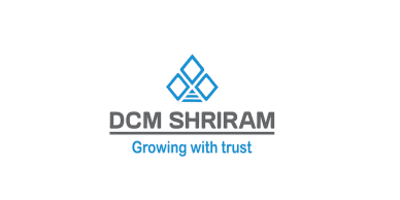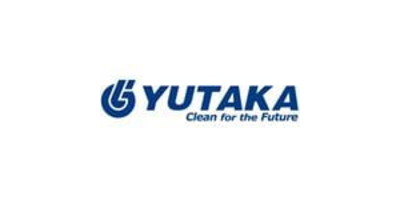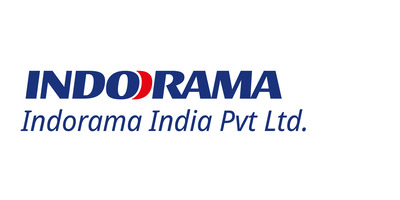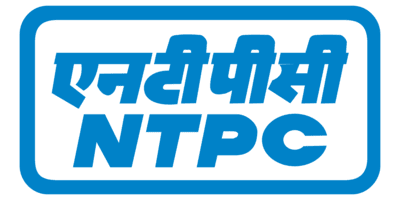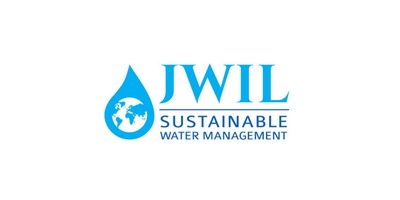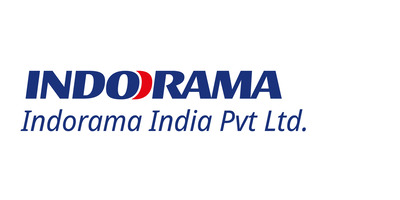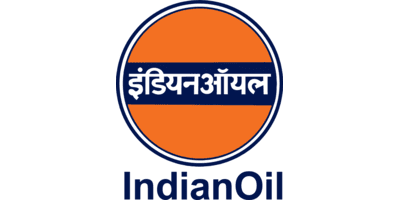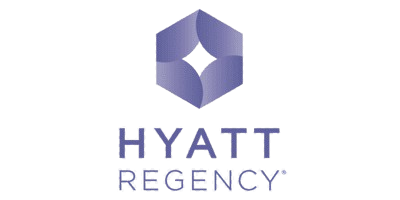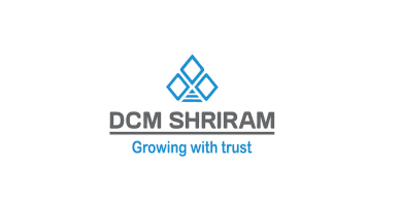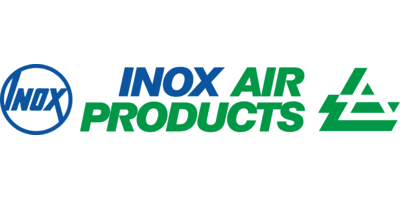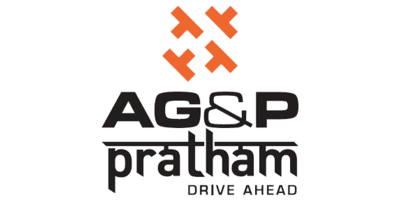What is HAZOP Training and Certifications?
HAZOP Training is a specialized program designed to teach professionals how to identify and control potential hazards in industrial processes. HAZOP, or Hazard and Operability Study, is a structured method used to evaluate risks in systems, procedures, and equipment. Through HAZOP Training, participants learn to systematically review processes, identify deviations, and suggest practical solutions to enhance safety and efficiency.
HAZOP Training covers the principles of Process Hazard Analysis (PHA), techniques for effective risk identification, and step-by-step guidance on conducting HAZOP studies. It also focuses on interpreting results, documenting findings, and implementing corrective measures in line with international safety standards.

Many organizations choose HAZOP Training to ensure compliance with safety regulations and to protect their workforce, equipment, and environment. Completing HAZOP Training often leads to a recognized certification, which validates the participant’s ability to plan, conduct, and manage HAZOP studies. This certification is highly valued in industries such as oil and gas, chemicals, pharmaceuticals, and manufacturing.
In short, HAZOP Training and certification not only strengthen safety culture but also improve operational reliability and reduce the likelihood of costly accidents.
OUR SERVICES
Our mission is to enhance the quality of life and safety of our customers and community. Your safety is our highest priority. We encourage you to partner with us in your safety by using the services described in this website. We hope you will all take the time to familiarize yourself with the information listed on this site.

SAFETY & RISK MANAGEMENT
Learn MoreSAFETY & RISK MANAGEMENT
As the business grows, your organization will need to introduce process safety management.

BEHAVIOR SAFETY
Learn MoreBEHAVIOR SAFETY
Many companies talk about ‘safety culture’ when referring to the inclination of their employees to comply with rules or act safety.

FIRE SAFETY
Learn More
FIRE SAFETY
Safety engineering is an engineering discipline which assures that engineered systems provide acceptable levels of safety.

DIGITECH
Learn More
DIGITECH
Safety software is a robust and flexible application that supports the efforts of safety teams across diverse industries.

TRAINING
Learn More
TRAINING
An effective training program can reduce the number of injuries and deaths, property damage, legal liability, illnesses.
Course Features of HAZOP Training :-
This course helps participants learn how to identify hazards using recognized PHA methods and how to conduct a HAZOP study effectively. It offers a complete hands-on experience, using real-life examples and practice problems, so participants can apply what they learn. By the end of the course, attendees will have the knowledge and confidence to carry out HAZOP studies independently.
Prerequisite
Participants should have a good understanding of the basic requirements of process safety. A working knowledge of English is also essential.
Who Should Attend HAZOP Training?
HSE Managers
Operations Executives
Process, Project, and Engineering Practitioners and Managers
Laboratory Chemists
Our Expertise
Risk Advisory
The value that RA creates for organisations is synonymous with operational excellence.
Safety Culture
when referring to the inclination of their employees to comply with rules or act safety or unsafely.
Safety System
Safety requires the application of scientific, technical and managerial skills to hazard identification.
Safety Software
Empower our Staff With The Insightful Reporting Our Safety Management Software Provides.
OUR CUSTOMERS
Accolades

Course Contents of Our HAZOP Training :-
Introduction to Process Risk Management – Understand the principles of risk management, safety layers, and the concept of ALARP (As Low As Reasonably Practicable) to minimize risks effectively.
HAZID and PHAs – Learn different Process Hazard Analysis techniques including Checklists, What-If Analysis, FMEA (Failure Modes and Effects Analysis), FTA (Fault Tree Analysis), and how these lead into HAZOP studies.
HAZOP and Legal Requirements – Explore the legal framework and compliance obligations that govern HAZOP implementation in various industries.
HAZOP Standards – Gain insights into international standards and guidelines for conducting HAZOP studies.
Hazard Identification Across the Life Cycle – Discover how hazards can be identified and managed at every stage, from design to operation and decommissioning.
HAZOP Management and Limitations – Learn how to plan, lead, and manage HAZOP effectively, while understanding its boundaries and where additional tools may be required.
Core Elements of HAZOP – Study essential components such as guidewords, parameters, deviations, causes, and common industry examples.
Nodes – Understand how to divide processes into manageable sections (nodes) for detailed analysis.
HAZOP Procedure and Methodology – Step-by-step approach to planning, facilitating, and documenting a HAZOP session.
Benefits of HAZOP – Learn how HAZOP improves safety, reduces risks, and supports regulatory compliance.
HAZOP Illustrations – Review real-life case examples to see theory applied in practice.
Hands-On HAZOP Practice – Apply your learning in practical exercises to build confidence and skill in conducting HAZOP studies.
Certificate
All participants who attend the full duration of the training will receive a Certificate of Attendance.
Duration
2 days
Course Developed and Led by Mr. Sanjeev Kumar Paruthi
Mr. Sanjeev Kumar Paruthi, Founder of The Safety Master Private Limited and BookMySafety, is a seasoned expert in HAZOP, Process Safety, and Process Safety Management (PSM). With nearly 17 years of global experience across diverse industries, he has worked extensively as a Safety Risk Assessor, Behavior-Based Safety Expert, Safety Culture Transformation Specialist, and Accident Investigator.
Driven by his vision of Safer India, Better World, Mr. Paruthi has helped organizations of all sizes—from startups to leading global brands—develop stronger safety leadership, implement advanced risk management systems, and embrace safety as an integral part of their culture. His work spans high-risk industries, including oil and gas, heavy engineering, manufacturing, and aviation, where he has successfully guided teams in hazard identification, HAZOP studies, and safety strategy execution.
In addition to conducting hundreds of corporate training programs and safety audits, he has authored a book on Safety Culture Transformation in the Indian context, available on Amazon. Known for his practical approach and engaging delivery, Mr. Paruthi brings real-world case studies, proven methodologies, and deep technical expertise to every training session—ensuring participants leave with both knowledge and confidence to apply it.
FAQ
What does HAZOP stand for?
What are the four stages of HAZOP?
What are the skills of HAZOP?
Key skills for conducting a HAZOP include:
Analytical Thinking: Ability to examine process systems and identify potential deviations. Technical Knowledge: Understanding of engineering principles, process operations, and instrumentation. Communication: Clear articulation of observations and ideas within a multidisciplinary team. Facilitation: Leading structured discussions and guiding the HAZOP process efficiently. Attention to Detail: Noticing subtle process flaws or overlooked risks. These skills enable effective hazard identification, root cause analysis, and actionable risk mitigation.How much does a HAZOP study cost?
TSM TheSafetyMaster Private Limited
(ISO 9001 & ISO 45001 Certified Company)
Contact E-Mail
Contact Number
Head Office - Bhiwadi :-
Unit No 221-445-450-451-452-453, SPL1/J, 2nd & 4th Floor, Sunsquare Plaza Complex, RIICO Chowk, Bhiwadi 301019, Rajasthan, IndiaRegional Office - Gurugram :-
LG 006, DLF Grand Mall Metro Station, Mehrauli-Gurgaon Rd, Near Sikanderpur, DLF Phase 1, Sector 28, Gurugram, Haryana 122001



















